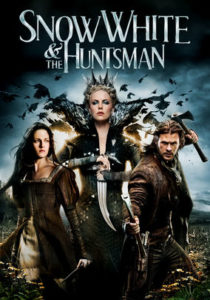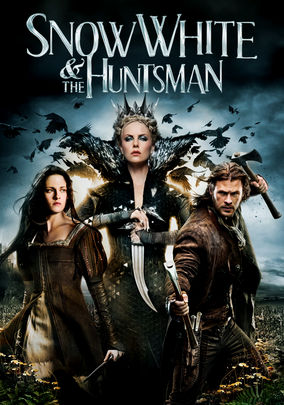Everything’s A Copy Of A Copy Of A Copy…
(Ten points for whomever knows the movie where this title is from)
Everyone always complains about the lack of originality in Hollywood these days. There is a very self-aware scene from the movie 21 Jump Street where the police chief informs the main characters that the department is resurrecting old programs from the 80s and thinks no one would notice. Every generation has its wave of nostalgia, but it seems that we are getting clobbered by a tsunami. This isn’t necessarily a bad thing, though it provides ample ammunition for the detractors of this trend of re-packaging old favorites (Alan Moore gave a scathing interview on this subject a while back).
I’m not here to bash on the good ol’ days of Pac-Man and Ninja Turtles. I would, however, like to address another creative outlet where originality takes a backseat: fan fiction. Now, I’m not talking about the short stories that pop up on fan websites featuring their favorite characters in situations and adventures that are not part of the original author’s story arc. This sort of fan fiction has been around for quite a while but has been growing in popularity and legitimacy, and even spawned one of the most unfortunate literary titans of our young century, the 50 Shades of Grey books, which started out as erotic fan fiction starring Edward and Bella from the Twilight series. I’ve heard of some instances where fan fiction writers actually make a living from their writing, sometimes with the original author’s blessing.
 The fan fiction I’d like to discuss is far less obvious to spot and occupies significant shelf space at your local bookstore: the “retelling” and the “fictional biography.” The first involves taking a classic story and putting your own spin on it (a steampunk MacBeth, for example), and the second is very popular in Christian fiction, where the author takes a real character from the Bible and fleshes out their story.
The fan fiction I’d like to discuss is far less obvious to spot and occupies significant shelf space at your local bookstore: the “retelling” and the “fictional biography.” The first involves taking a classic story and putting your own spin on it (a steampunk MacBeth, for example), and the second is very popular in Christian fiction, where the author takes a real character from the Bible and fleshes out their story.
I don’t want to make any enemies here because I am sure that readers of this website read and write these kinds of stories. However, I do want to call out this hot trend. We all have characters and worlds that we love, and no one would spend the time to write a story about a character they loathed, even if that character isn’t “good.” But I can’t help but groan when I see yet another fairy tale given a clever twist (The Little Mermaid becomes a vengeful assassin of the seas; Tinker Bell leads the fairy folk out of oppression, etc.). These stories are essentially well-written fan fiction, and while they may certainly be fun and entertaining, they trod familiar ground that has already been packed hard by so many footsteps.
There is hardly a character in the Bible that doesn’t have their own novelization, even those with barely a verse letting us know that they existed. The author usually will employ meticulous research of the time period and culture to give us a sense of who this person might have been as a human being. If the character does have a bit of history devoted to them, the reader knows the general direction in which the story is heading, and personally, I feel that this deflates some of the tension. I like having no idea what’s coming next, but with retellings, I know that this or that villain is going to make an appearance, though they will undoubtedly be different than how Disney imagined, and if it’s a fictional biography, I know that this or that key event will take place in their life, because I already know some of the story.
We all like things that are comfortable and familiar – songs, shoes, stories. Yet I feel that the entertainment products that re-package familiar properties are given more than their fair share of attention. I want to be thrilled and surprised, and I hate that feeling of, “Yep, of course. I knew it.” These great stories and iconic characters that we love were once original, too. As a reader or a writer, don’t be afraid to find new favorites.






































